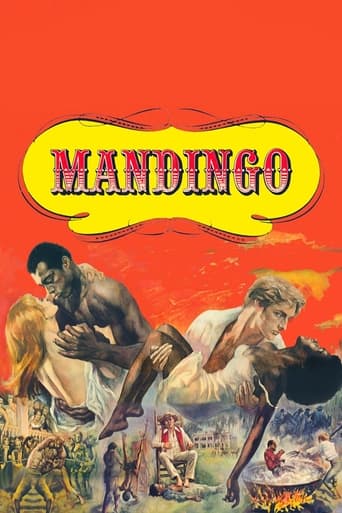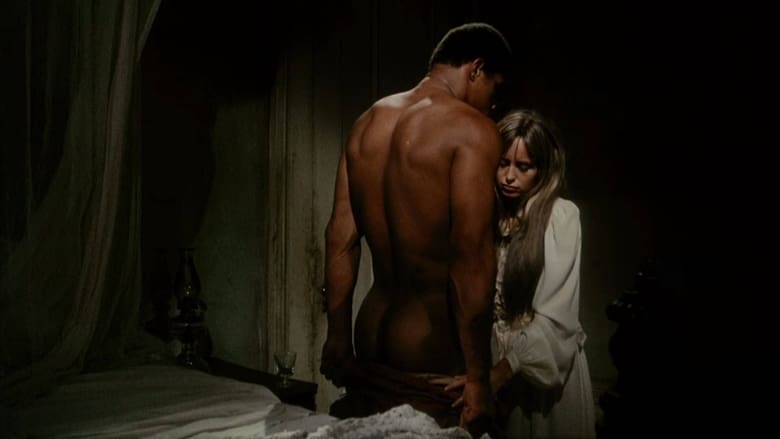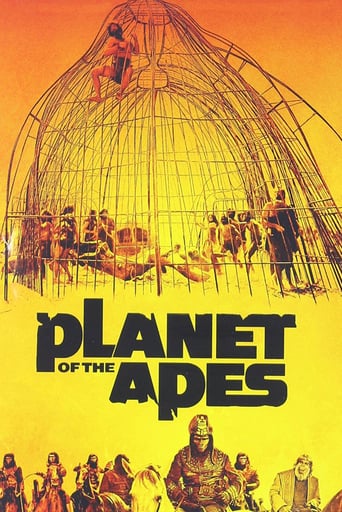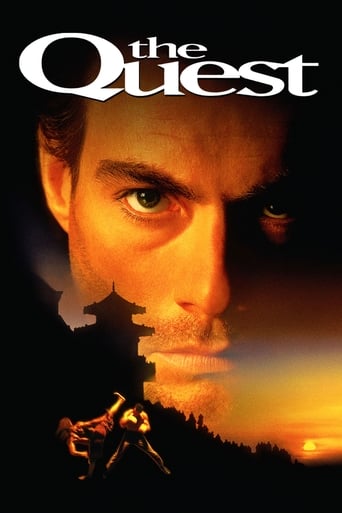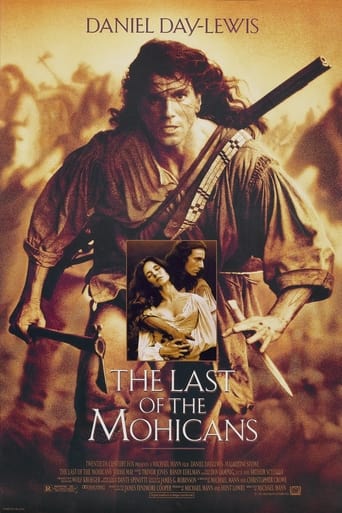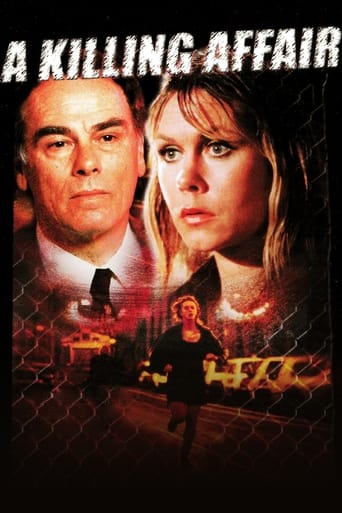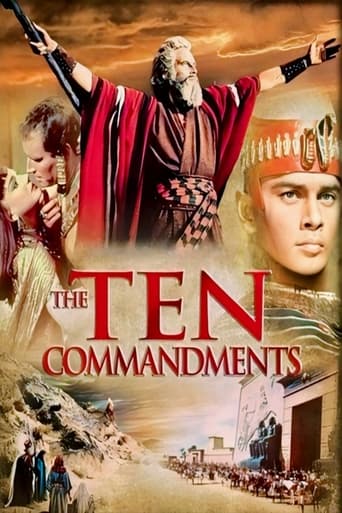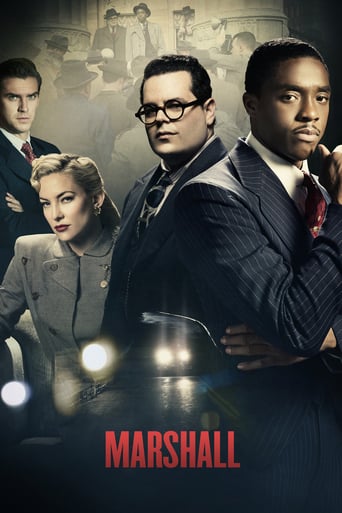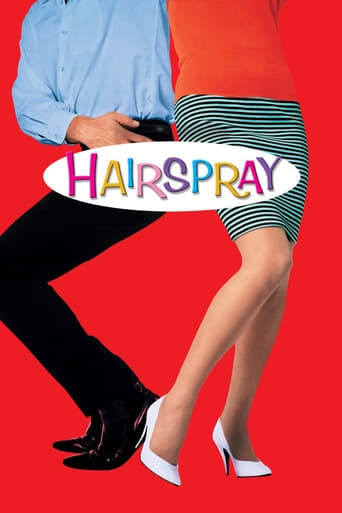Mandingo (1975)
Warren Maxwell, the owner of a run-down plantation, pressures his son, Hammond, to marry and produce an heir to inherit the plantation. Hammond settles on his own cousin, Blanche, but purchases a sex slave when he returns from the honeymoon. He also buys his father a new Mandingo slave named Mede to breed and train as a prize-fighter.
Watch Trailer
Cast
Similar titles
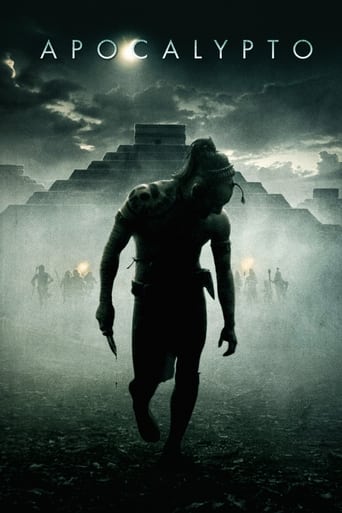
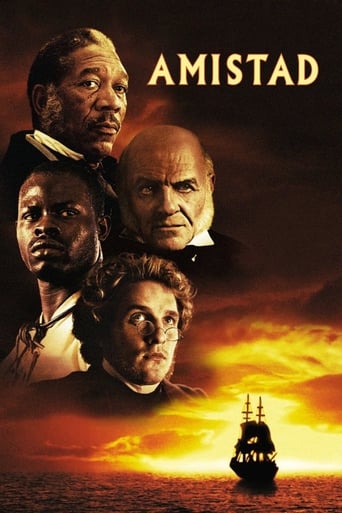
Reviews
Good movie but grossly overrated
if their story seems completely bonkers, almost like a feverish work of fiction, you ain't heard nothing yet.
This is a small, humorous movie in some ways, but it has a huge heart. What a nice experience.
It really made me laugh, but for some moments I was tearing up because I could relate so much.
Maybe in 1975, we still needed to make movies about how terrible slavery was, but nowadays, we're pretty saturated with that genre. If you don't like those movies, don't even think about renting Mandingo, because it's very upsetting.James Mason is the head of the plantation, but his son Perry King takes over the management when he's old enough. Perry seems to be nicer than his father, but as the movie continues, it's pretty clear he's even worse than James. Perry marries his cousin Susan George, who was abused in her childhood by her cruel brother Ben Masters. In the 1800s, it was extremely difficult, risky, and dangerous to confess something like that, but rather than have sympathy with his wife, Perry responds by buying a slave for the sole purpose of taking her for a mistress. You can call it a love triangle if you want to, between Perry, Susan, and Brenda Sykes, but it's not a very conventional one.The second plot in the movie is after Perry purchases another slave, Ken Norton. He trains Ken to be a fighter and also breeds him with other slaves for more workers. This is not Gone with the Wind; this does not glorify the South. This movie shows rape, violence, emotional abuse, and pretty much every other horrible treatment you can imagine. Even Susan, who could have been written as a "long suffering wife" character, turns out to be an abusive slave owner. If you really want to watch this upsetting drama, just know what you're getting into.Kiddy Warning: Obviously, you have control over your own children. However, due to violence, racial language, and sex scenes, I wouldn't let my kids watch it. Also, there may or may not be a rape scene.
What makes this an infamously guilty pleasure, and an extremely politically incorrect movie, might not have been intentional. Perhaps the writers wanted to show slave owners in the deep South exactly how they were, or how they hadn't been betrayed in other films or TV shows – as completely unapologetic and comfortable with their lifestyle.For instance, James Mason's plantation owner Warren Maxwell laying his feet on a slave kid's chest to get rid of his rheumatism. This is but one example of how MANDINGO takes racism to a completely new level – since owning slaves was legal, it's shown in a workaday fashion.But after the first fifteen minutes of blunt dialog there's a pretty decent story involving Warren's son Hammond, played by Perry King, who reluctantly marries his cousin Blanche, brought to life with vicious melancholy by STRAW DOGS ingénue Susan George. Blanche is jealous of her husband's slave "wench" and, basking in rueful isolation within the dilapidated mansion, she throws a violent tantrum that's quite chilling.The real stuff occurs when Hammond purchases a Mandingo Fighting slave, Mede. Real life boxer Ken Norton proves his worth as an actor and is especially good in the intense fight-to-the-death scenes that make you forget about all the other stuff, unfairly categorized by film historians as camp cinema Perhaps they were just too stunned to take this seriously, and too ashamed to really enjoy it.Either way, this is a film that could have only come out of the 1970's. That alone makes it truly worthwhile.For More Reviews: www.cultfilmfreaks.com
While movies like Gone with the Wind glorified the Old South, this movie showed its gritty underbelly.This movie was made when Hollywood found it could finally do sexually explicit scenes, and they went all out in doing so, filming several scenes of interracial sex (must have gone over really big in 1975!) The film is meant to be an indictment of the racism and sexism of 1830's southern society, I guess, but comes off as preachy and even a little silly. Well, it's Dino DeLaurentis, a man who managed to foul up King Kong and Flash Gordon.the weakest part of the movie is the character of Ganymede (Mede) played by Boxing less-than-great Ken Norton. What is obvious about this film is that Norton was no actor. He mumbles his lines and we never get a feeling for what his character is about.James Mason was working for alimony money as the patriarch of a run-down plantation, while Perry King plays his son who is almost as close to a decent human being as any white person gets in this film. Susan George plays his long suffering wife who decides to get back at him for his "Wenching" by sleeping with his prize fighting slave (Norton).Is it worth seeing. Well, maybe. It's a film that had critics very upset in 1975, but it's become kind of a camp icon today.
Conditions of slaves in the Deep South prior to The Civil War are given a fairly gritty and audacious treatment in this sometimes-sensational motion picture. Mason plays the patriarch of a large plantation who buys and sells slaves while looking for the perfect Mandingo (referring to an a-level breed of slave from a particular African region) with which to impregnate a female he owns. His son King, whose gait is affected by a childhood riding accident, aids him in his quest when he isn't deflowering the young female slaves, which is his right and privilege under the conditions of ownership. When it's time for King to marry, naturally he turns to a cousin (!) and proceeds to wed George. However, discontentment rears its ugly head almost immediately and he finds himself developing real feelings for one of his "bed warmers," the slave Sykes. Meanwhile, he has purchased towering Norton on his father's behalf and is using him as a stud for his female Mandingo and also as a fighter, which yields heavy cash for the estate. Unfortunately, when now-alcoholic George begins to grow jealous of Sykes, she puts into motion a series of events that leads to tragedy for many people. Mason gives an unfiltered performance of cranky, commandeering bigotry and, while it isn't the most pleasurable thing to witness, it is effective in its way. His character divests himself of rheumatism by pressing his feet against the abdomens of naked or semi-clad black boys! King somehow manages to invoke a strain of sympathy in his rash and regimented character, perhaps because even worse people surround him at various times. At around eighteen minutes in, he gives the world a glimpse of Perry, Jr. George is simultaneously desperate and vaguely sympathetic and yet riotously awful. Some of her tantrum scenes rank right up there with Faye Dunaway in "Mommie Dearest!" Her "hair" remains an enigma throughout, sometimes thin and fine with frosted streaks and other times a wealth of thick brown fluff. Former prize fighter Norton has a eye-popping physique, which is shown to great advantage, but as an actor, he is pretty much knocked out in the first round. His character is given quite little to say, which helps. Sykes uses a tenderness and vulnerability to make hers one of the more endearing characters even if her vocal delivery is sometimes a bit contemporary. Others in the cast include Ward as a long-suffering slave, Hayman as a poor man's Hattie McDaniel, Masters as a sadistic, entitled monster, and "The Jeffersons" neighbor Benedict as a pragmatic slave trader. Tedrow, best known as one of "Dennis the Menace's" neighbors, appears as a worried midwife. Despite its reputation as a tawdry, exploitive piece of screen excrement, there are top-level creative people in many departments including composer Jarre, production designer Leven, costumer Roth and cinematographer Kline. It's just such an in-your-face, no-holds-barred, non-gilded look at the situation that, compared to so many other films depicting that era, that it stuns with regularity. There's no chance of seeing Ashley Wilkes toddling by. The dialogue is rough and crass, the violence is vivid, the sexuality is (or, at least, was at the time) eye-opening. The film is guilty at times of taking pleasure in the unpleasant, but it has merit for the way it refuses to turn away from the cruelty and oppression that American slaves endured. It's interesting to note the hypocrisy of the characters, too. King sees fit to sleep with every virgin slave and yet expects his betrothed to be intact. Filmed entirely on location, there is a bleak, rotten quality to the setting that makes the events even more downbeat. It's not a film for everyone, but it is one that simply could not and would not be made today and that holds a certain curiosity value. An even more raunchy sequel "Drum" followed a year later.
